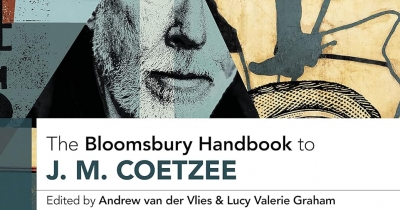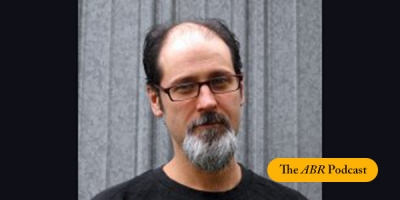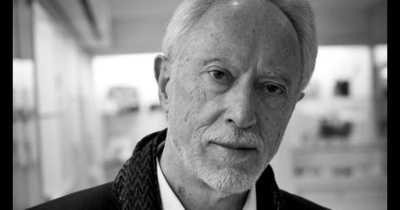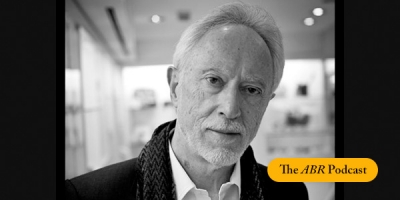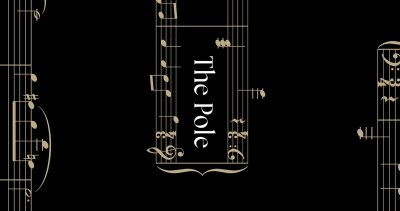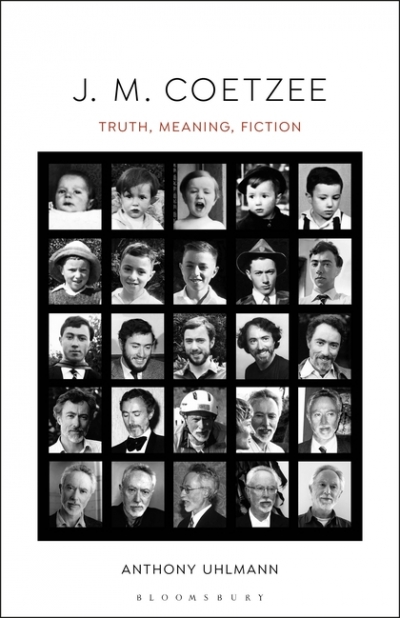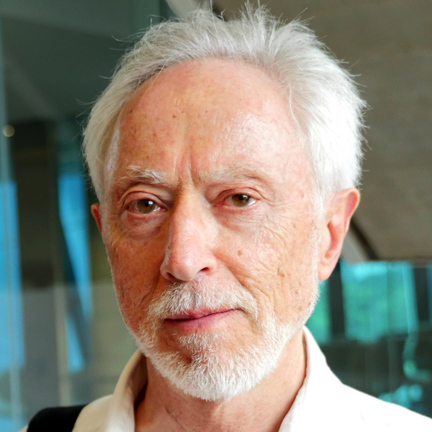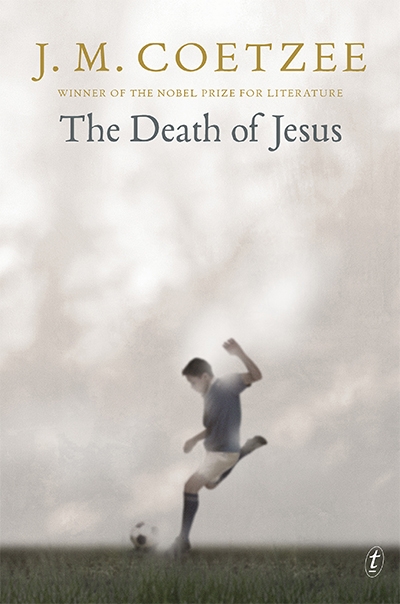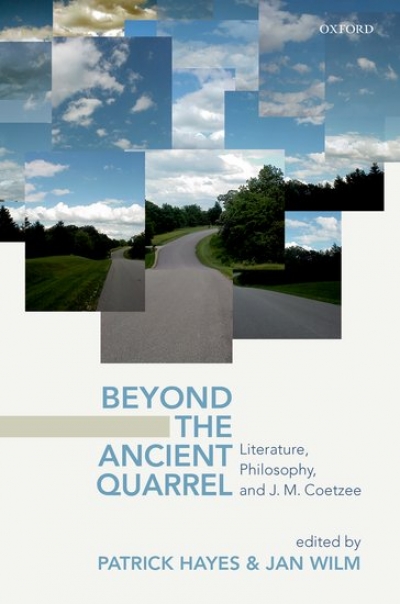JM Coetzee
The Bloomsbury Handbook to J.M. Coetzee edited by Andrew van der Vlies and Lucie Valerie Graham
On this week’s ABR podcast, critic and essayist James Ley reflects on J.M. Coetzee’s Life and Times of Michael K, forty years after its publication. Coetzee’s fourth and Booker Prize-winning novel was his landmark work, explains Ley. This was despite it receiving criticism for supposedly eliding the political realities of Apartheid South Africa by being set in ‘the realm of allegory’. Listen to James Ley with ‘An obscure prodigy: J.M. Coetzee’s Life and Times of Michael K at forty’, published in the August issue of ABR.
... (read more)‘Why should I be expected to rise above my times? Is it my doing that my times have been so shameful? Why should it be left to me, old and sick and full of pain, to lift myself out of this pit of disgrace?
... (read more)This week, on the ABR podcast, literary critic and editor Geordie Williamson reviews J.M. Coetzee’s new short story collection The Pole and Other Stories. At the age of eighty-three Coetzee has again proved himself a ‘true and loving creator’, argues Williamson, by denying his characters endings or wholeness – ‘the great lie of art’. Listen to Geordie Williamson with ‘Last things: J.M. Coetzee’s antipodal forces’, published in the July issue of ABR.
... (read more)
